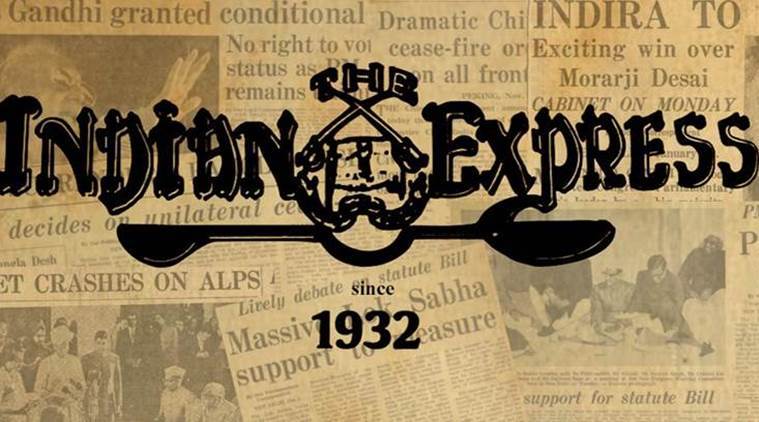Opinion A jarring note
Patriotism is being thrust upon the people. Disappointingly, the courts are playing the same tune.
 India-Japan partnership, shinzo abe, brics, indo-pacific, indo-china relations, narendra modi, india-china, doklam
India-Japan partnership, shinzo abe, brics, indo-pacific, indo-china relations, narendra modi, india-china, doklam  Patriotism has been internalised, and its performative aspect has become redundant.
Patriotism has been internalised, and its performative aspect has become redundant.
Perhaps inspired by a Supreme Court order which required the national anthem to be played in movie halls, the Madras High Court has ruled that the national song must be sung in all schools and colleges in Tamil Nadu at least once a week. But government and private offices can get away with singing Bankim Chandra Chattopadhyay’s Vande Mataram once every month. The reasoning behind such discrimination is unclear. What is abundantly clear, though, is that the judiciary, the very institution the people look to, for deliverance from normative coercion and support for individual freedoms, can occasionally side with the presumed majority.
Admittedly, the high court excuses persons and institutions having a “difficulty in singing or playing the national song”. They shall not be “compelled or forced to sing it, provided that there are valid reasons for not doing so”. In Tamil Nadu, the inability to sing in Sanskrit or Bengali, in which the verses of the song are written, may be a valid reason. To help the linguistically disinclined, the court has uploaded Tamil and English versions of the song. However, the question of validity opens the door to interpretation and opinion — and the discretionary powers of the state. The order may not be enforced in the spirit in which it was conceived.
But more than that, marks of allegiance and respect are reassurances to the uncertain patriot that all is well. They may have been necessary in a newly independent country facing an existential question, an island of democracy in a hostile neighbourhood. But the citizens of a mature, confident republic do not require props. Ostentatious, ritualised patriotism, to be displayed in a prescribed manner, has become unnecessary. Patriotism has been internalised, and its performative aspect has become redundant. The public display of patriotism is now an anachronism, whether it is required by the government, the courts or by a vice chancellor who would like to decorate the campus with heavy armour. Citizens must, of course, respect the emblems and artifacts which represent the nation, but each citizen should be left free to express it in his or her own manner, in a place and at a time which may be privately chosen. The judiciary is the protector of individual liberties, and the last court of appeal for the people, against coercion by the state and majority interests. The courts must respect this tremendous responsibility and reconsider decisions which prescribe patriotic herd behaviour for India’s free citizens.





